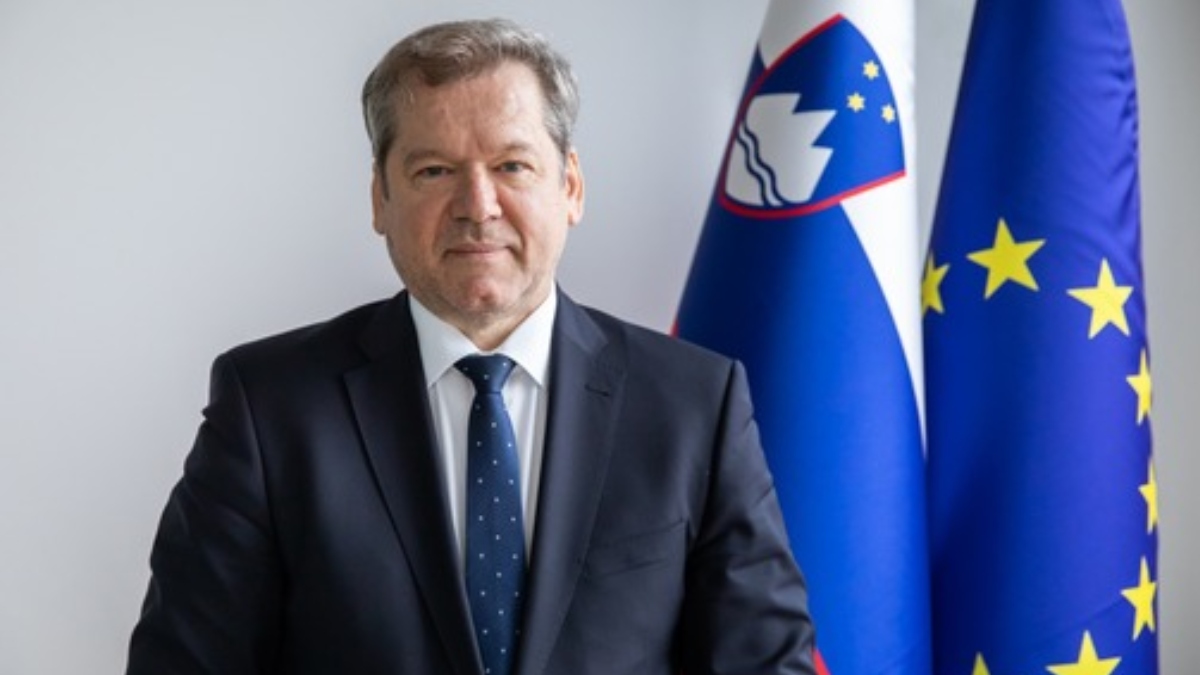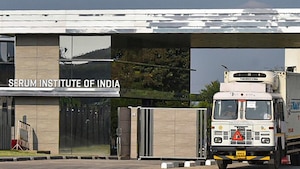Slovenia is eyeing India as a key partner in its ambitious plans to tackle some of the world’s most pressing challenges. Dr Igor Papič, Slovenia’s Minister for Higher Education, Science, and Innovation, is in New Delhi to lay the groundwork for strategic collaborations that could transform industries and academia alike. From pioneering green hydrogen solutions to revolutionizing water management systems and boosting educational exchange, the discussions hold the promise of far-reaching impact.
“We see India not just as a partner, but as a cornerstone in the development of global innovations,” says Dr Papič, whose visit centers on three critical areas of cooperation: green hydrogen, water management, and higher education. With these sectors aligned with both countries’ sustainability goals, the collaboration is set to advance bilateral ties while addressing key global challenges. Dr Papič spoke exclusively with FinancialExpress.com during his visit, sharing insights into Slovenia’s vision and how the two countries can work together on the global stage.
Green Hydrogen: Advancing Sustainable Energy Solutions Together
A major focus of the discussions is Slovenia’s push to become a leader in green hydrogen technology. As the world transitions to cleaner energy, hydrogen is emerging as a key player in reducing carbon emissions. The visiting minister revealed that Slovenia is planning a national demonstration site to create a hydrogen ecosystem, and India is seen as a vital partner in this venture.
“We’ve had very productive talks with Indian companies working in the hydrogen sector. The plan is to invite them to join our project in Slovenia as we develop this ecosystem,” Dr Papič explained. Slovenia is already working with partners from Japan and is eager to include India in the next phase of the project. The goal is to build a multinational network focused on hydrogen technologies, involving research, development, and large-scale implementation of hydrogen solutions.
Although the specifics of investments and joint ventures are still under discussion, the immediate priority will be on pilot projects and technology demonstrations. He mentioned that over the next five to ten years, the focus would shift from demonstration to business-scale deployment.
Water Management: A Joint Effort to Address Global Challenges
Water management is another key area of collaboration between Slovenia and India. Slovenia’s expertise in satellite technologies is already playing a role in the cGanga project, which aims to improve the monitoring and management of the Ganga River basin. Dr Papič’s team at Slovenia’s Space.si has developed micro-satellites, which are small, highly precise satellites designed to monitor river basins. These satellites offer advantages over traditional larger satellites, such as higher resolution and better penetration through cloud cover.
“We’re combining Slovenia’s innovation in microsatellites with India’s strength in satellite technology,” Dr. Papič shared. “This collaboration will provide more efficient and cost-effective solutions for monitoring water bodies.” The joint effort aims to improve surveillance of Indian rivers like the Ganga, with the potential for expanding the platform globally, especially in regions like Africa and South America, where water challenges are mounting.
The countries are also working to establish a “Coalition for River Basin Innovation and Management,” an international platform designed to address water scarcity and pollution. India and Slovenia are poised to be the founding members, with other nations invited to join. He believes the platform could offer affordable, scalable solutions to countries in the Global South, where the water crisis is becoming more urgent.
Higher Education: Deepening Academic Ties and Collaboration
In the field of education, Slovenia is looking to India as an important partner for expanding academic exchanges. Dr Papič highlighted the various opportunities available to Indian students in Slovenia, including scholarships for undergraduate, master’s, and PhD programs. “We want to invite Indian students to study in Slovenia, where they can gain access to high-quality education in fields like renewable energy, engineering, and space technology,” he said.
At the same time, Slovenia is keen to support academic mobility in the other direction, with Slovenian students and professors encouraged to spend time at Indian universities. “This exchange of knowledge is essential. Both countries stand to gain by sharing academic expertise,” he added.
He pointed out that Slovenia, as a member of the European Union, offers Indian students the chance to earn a European diploma, which is recognized across the continent. “Our goal is to make it easier for students to integrate into the European job market, while also giving them the flexibility to pursue opportunities across the globe,” Dr Papič said.
In addition to student exchanges, the collaboration will also focus on joint research initiatives that bring together experts from both countries to address global challenges such as climate change, sustainable development, and innovation.
Looking Forward: A New Era of Cooperation
Dr Papič’s visit marks the beginning of a dynamic partnership between Slovenia and India, one that is centered around solving pressing global issues. From green hydrogen and water management to expanding educational opportunities, the scope of cooperation is broad but interconnected.
“Slovenia is a small country with big ideas, and India is a large country with immense potential. Together, we can drive the innovation needed to solve some of the world’s most critical problems,” Dr Papič concluded.




